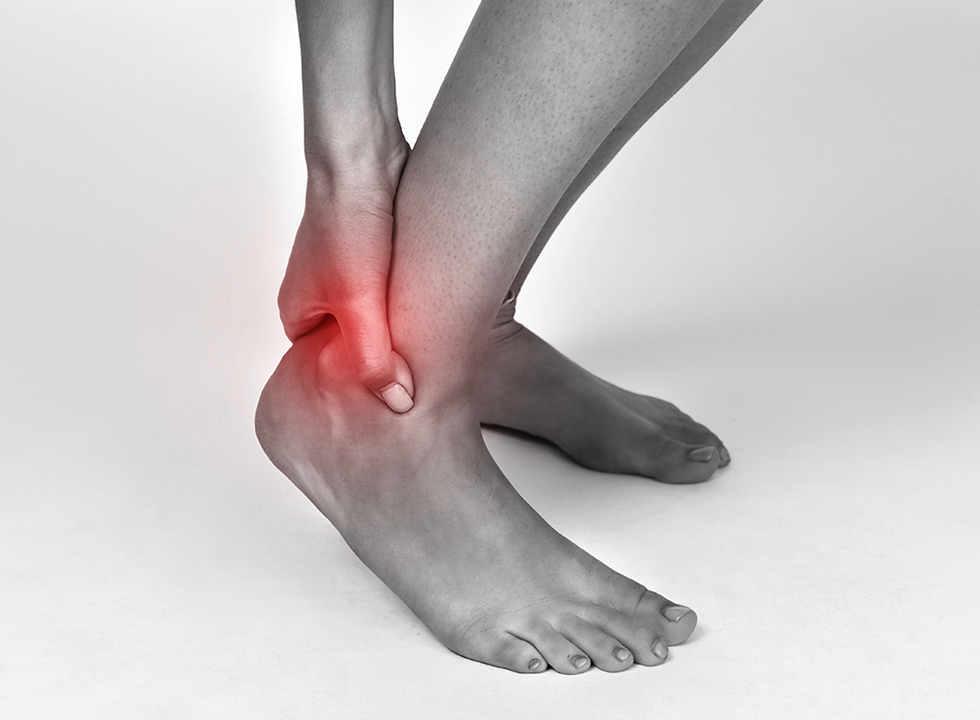Reasons Why Your Doctor Should Recommend an Accredited Exercise Physiologist
- Peter George

- Feb 7, 2022
- 3 min read
Doctor Exercise Exercise Physiology Strength Stamina Health Healthy Mental Health Improvement Chronic Condition Injury Pain Management Cardiac Heart Health Experts Muscles Blood

What is an Accredited Exercise Physiologist? Accredited Exercise Physiologist are university qualified members of the allied health profession. They specalise in designing and delivering safe and effective exercise intervention for people with chronic, acute and sub-acute medical conditions, injuries or disabilities. Services conducted by Exercise Physiologists are also claimable under compensable schemes such as Medicare, NDIS, DVA and covered by most private health insurers.
Here are several reasons why a Doctor should refer to an Exercise Physiologist.;
1. To Improve Mental Health
Plenty of studies have demonstrated the importance and value that exercise has on both improving mental health and helping to reduce mental illness symptoms such as depression. People living with mental illness often experience additional barriers to being active. An Exercise Physiologists understands these challenges and is equipped with the training and knowledge deliver safe and individualised exercise prescription for those living with conditions like depression, anxiety and PTSD.
2. Managing chronic condition or injury
Exercise physiologists focus on clinical exercise prescription for a different array of medical conditions. Unlike a personal trainer, who work with healthy populations, Exercise physiologists specialise in working with those living with illness or injury. They understand the challenges and complexities associated with a range of conditions and will work alongside the healthcare team to deliver safe and effective exercise interventions. They will endeavor to work with the client to regain, develop and maintain motor and cognitive function.
3. Help increase Physical Activity levels
Exercise Physiologists are specalised in creating and maintaining behavioral change, this is especially important for clients who may be living with comorbidities. Participation in physical activity is also known to improves self-confidence, self-esteem, energy levels, sleep quality and the ability to concentrate.
4. Overcome Persisting Pain caused by Injury or Overuse Injuries
Research has shown that aerobic exercise is one of the most successful pain management techniques as exercise can increase one’s pain threshold. Studies have also shown that exercise can be safely implemented by an Exercise Physiologist without the risk of exacerbating pain. With increasing pain tolerance through regular aerobic training this may facilitate more exercise as well as exercise at a higher intensity which may provide greater clinical benefits.
5. Improve Cardiovascular Health
With cardiovascular disease being the leading cause of death in Australia, research has shown that living an active lifestyle can reduce your risk of developing cardiovascular disease. Exercise has similar effects to blood pressure medication in which is allows down heart rate and lower blood pressure, this allows the improvement of the muscles in your body to draw oxygen from the blood circulating in your body more effectively. This reduces the need for your heart to work harder to pump more blood to the muscles.
6. Rehabilitate following a Cardiovascular Event (CVA)
Exercise will improve the Quality of life following a stroke or Cardiovascular event by strengthening the muscles and improving mobility with the goal of restoring function and independence. Exercise can also improve your strength, coordination and balance.
7. Manage and Control Diabetes or Prediabetes.
A combination of resistance and aerobic training has been shown the regulate insulin levels. It can also help with controlling weight and reducing the risk of developing comorbidities. An Exercise Physiologists understands the relationship between exercise and insulin and will work with the GP to help manage the condition.
8. To improve your outcomes during and after cancer treatment
Cancer is a horrible disease which massively changes the lives of everyone involved, however exercise during treatment has been shown to reduce the risk of side effects including cancer related fatigue (CRF) and increase treatment effectiveness. Exercise has now been implemented alongside chemotherapy and is often recommended to commence physical activity under the supervision of an Accredited Exercise Physiologist.
If you have any questions, feel free to book an Exercise Physiology consultation online or send an email at info@urbanphysiotherapy.com.au



Comments